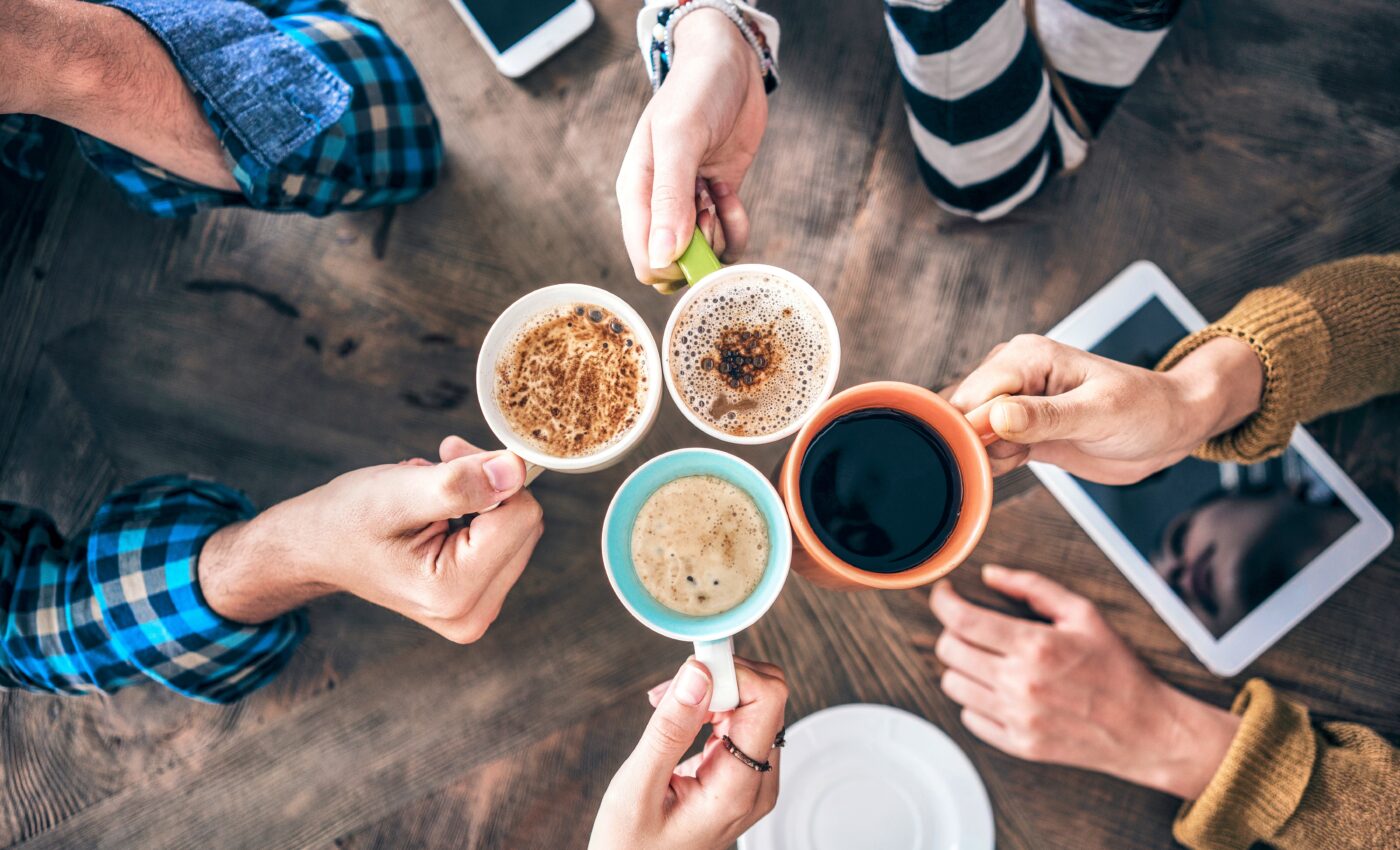
Coffee could be a life-saver, sweetened or unsweetened
Previous research has linked coffee consumption with lowered risk of death from various causes, but the effect of sweetening the coffee with sugar or artificial sweeteners has not been investigated. A large-scale study of British coffee drinkers has now cast light on the role of this variable.
Researchers at Southern Medical University in Guangzhou, China used data from the U.K. Biobank study to evaluate whether the consumption of sugar-sweetened, artificially sweetened, and unsweetened coffee is linked with risk of mortality from all causes, and from certain specific causes.
More than 171,000 participants from the U.K. completed the health behavior questionnaire in which they gave details of their dietary and health status. All participants were free of known heart disease or cancer at the start of the study.
The researchers divided the participants in to three groups, those who sweetened their coffee with sugar, those who used artificial sweeteners and those who drank their coffee unsweetened. They monitored the participants for a period of seven years and recorded any mortalities during that time.
The results of the analysis, published today in the Annals of Internal Medicine, showed that participants who drank any amount of unsweetened coffee in a day were 16 to 21 percent less likely to die than participants who did not drink coffee at all. They also found that participants who drank moderate amounts of coffee (1.5 to 3.5 cups daily) sweetened with sugar were 29 to 31 percent less likely to die than participants who did not drink coffee.
“Our study found that adults who drank moderate amounts of coffee sweetened with sugar every day were about 30 percent less likely to die from any cause during the average 7-year follow up period compared to non-coffee drinkers,” said study co-author Dr. Dan Liu.
The authors stated that adults who sweetened their coffee before drinking it added, on average, only about 1 teaspoon of sugar per cup. This is far less than the amount of sugar found in other, commercially available beverages.
The beneficial results of drinking unsweetened and sugar-sweetened coffee were true for all types of coffee, namely decaffeinated, caffeinated and ground. However, the researchers found that the results were inconclusive where the use of artificial sweeteners was concerned.
According to Dr. Christina Wee, editor at ACP Journals, although the study found that drinking moderate levels of coffee regularly was associated with a lower risk of dying from any cause, dying from cancer, and dying from heart disease, the authors cannot conclude definitively that coffee was the cause of the lower risk.
The effects of other, potentially confounding factors could not be assessed in this study. For example, the participants were all British and were likely to drink tea as well as coffee.
Also, coffee is a low-sugar beverage (even when sweetened with one spoon of sugar), so people who drink coffee probably take in less sugar each day than people who drink carbonated beverages. The roles of these factors cannot be separated in the current study.
“The results of this study do not necessarily apply to drinking specialty coffees which may contain a much higher level of added sugar,” said Dr. Wee.
However, based on the data obtained from this research, clinicians can tell their patients that there is no need for most coffee drinkers to eliminate the beverage from their diet but to be cautious about higher calorie specialty coffees.
—
By Alison Bosman, Earth.com Staff Writer













